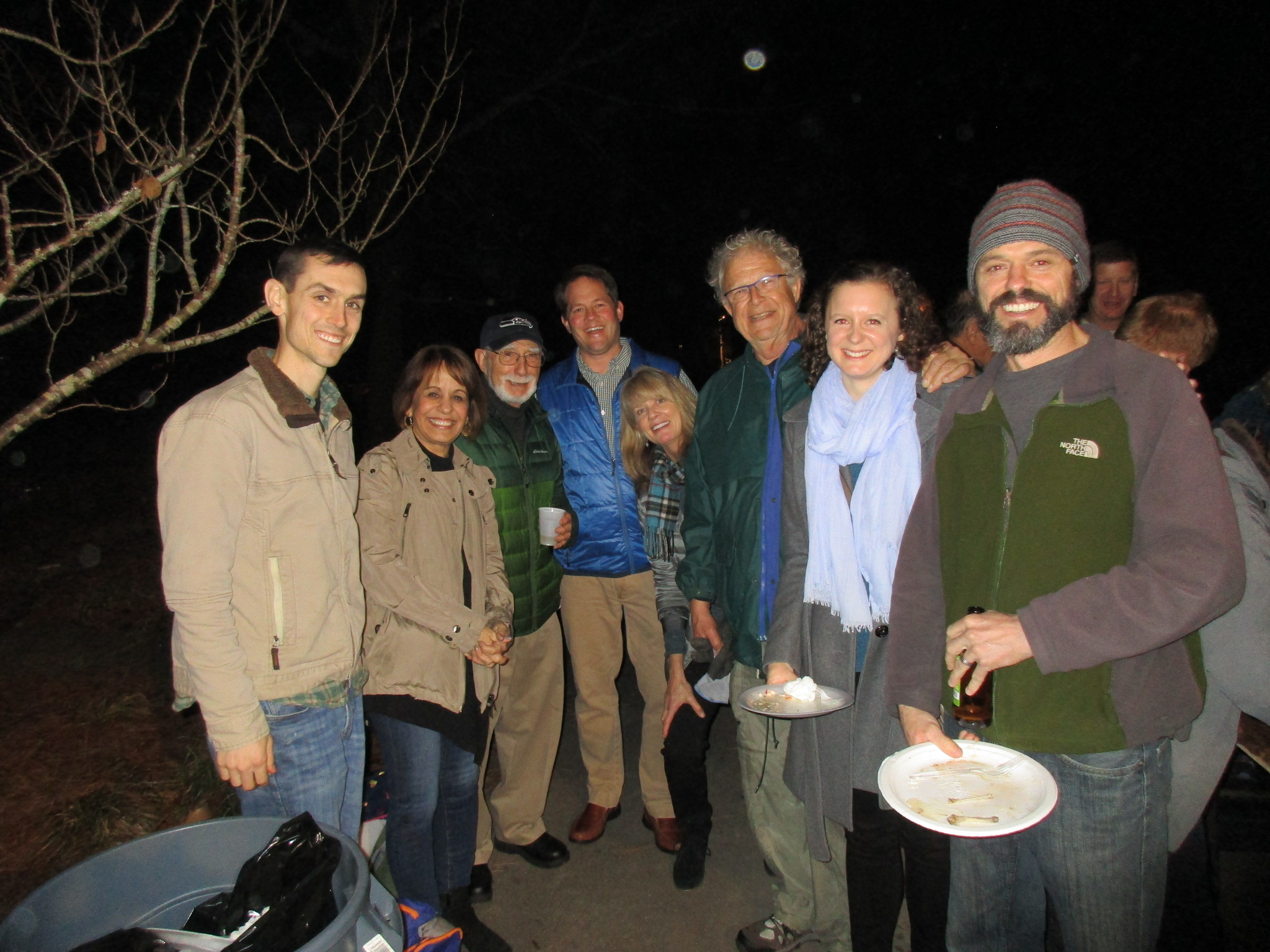https://thewell.unc.edu/2020/04/22/guskiewicz-establishes-university-sustainability-commission/
Piehler Lab – Summer 2019!
Streaming coastal streams
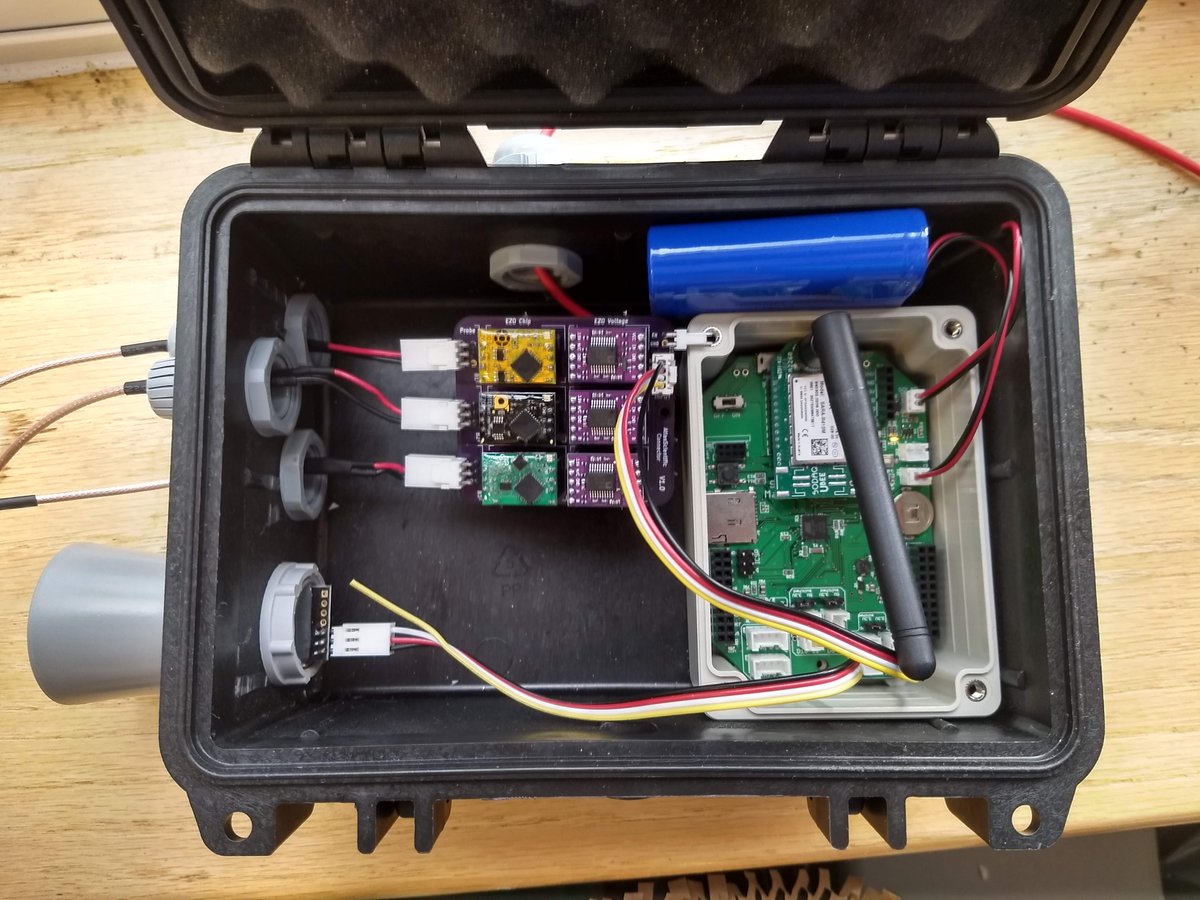 We can stream music and movies to our devices, but what about streaming live data from streams? Monitoring flow and water quality in streams has typically been expensive and labor intensive, but the advent of “smart” technology is making stream monitoring more accessible. For this project, we are using low-cost, open-source technology such as Arduino-based dataloggers, water quality sensors, and cell modems to monitor streams and transmit data in real-time. The low cost of this technology (<10% of typical monitoring equipment) and the ability to transmit data in real-time allows us to create much larger stream monitoring networks and collect more/better data. We have utilized resources from EnviroDIY.org (a Stroud Water Research Center initiative) to build, program, and deploy stream monitoring stations, but this work also aligns with a broader initiative within the scientific community to make stream and environmental monitoring more accessible. Scott Ensign (Piehler lab alum and Assistant Director of the Stroud Water Research Center) recently wrote about the EnviroDIY initiative for AGU’s EOS: https://eos.org/project-updates/a-digital-mayfly-swarm-is-emerging
We can stream music and movies to our devices, but what about streaming live data from streams? Monitoring flow and water quality in streams has typically been expensive and labor intensive, but the advent of “smart” technology is making stream monitoring more accessible. For this project, we are using low-cost, open-source technology such as Arduino-based dataloggers, water quality sensors, and cell modems to monitor streams and transmit data in real-time. The low cost of this technology (<10% of typical monitoring equipment) and the ability to transmit data in real-time allows us to create much larger stream monitoring networks and collect more/better data. We have utilized resources from EnviroDIY.org (a Stroud Water Research Center initiative) to build, program, and deploy stream monitoring stations, but this work also aligns with a broader initiative within the scientific community to make stream and environmental monitoring more accessible. Scott Ensign (Piehler lab alum and Assistant Director of the Stroud Water Research Center) recently wrote about the EnviroDIY initiative for AGU’s EOS: https://eos.org/project-updates/a-digital-mayfly-swarm-is-emerging
Visit our project website to view the documentation for our stream gauges: https://ims-stream-gauges.netlify.com/
Mollie!!
Piehler Lab 2018!!
Looking for a great summer read?
Kathleen Onorevole’s paper “Living shorelines enhance nitrogen removal capacity over time” was just published in Ecological Engineering. Go grab a copy here, or email me and I’ll send you one!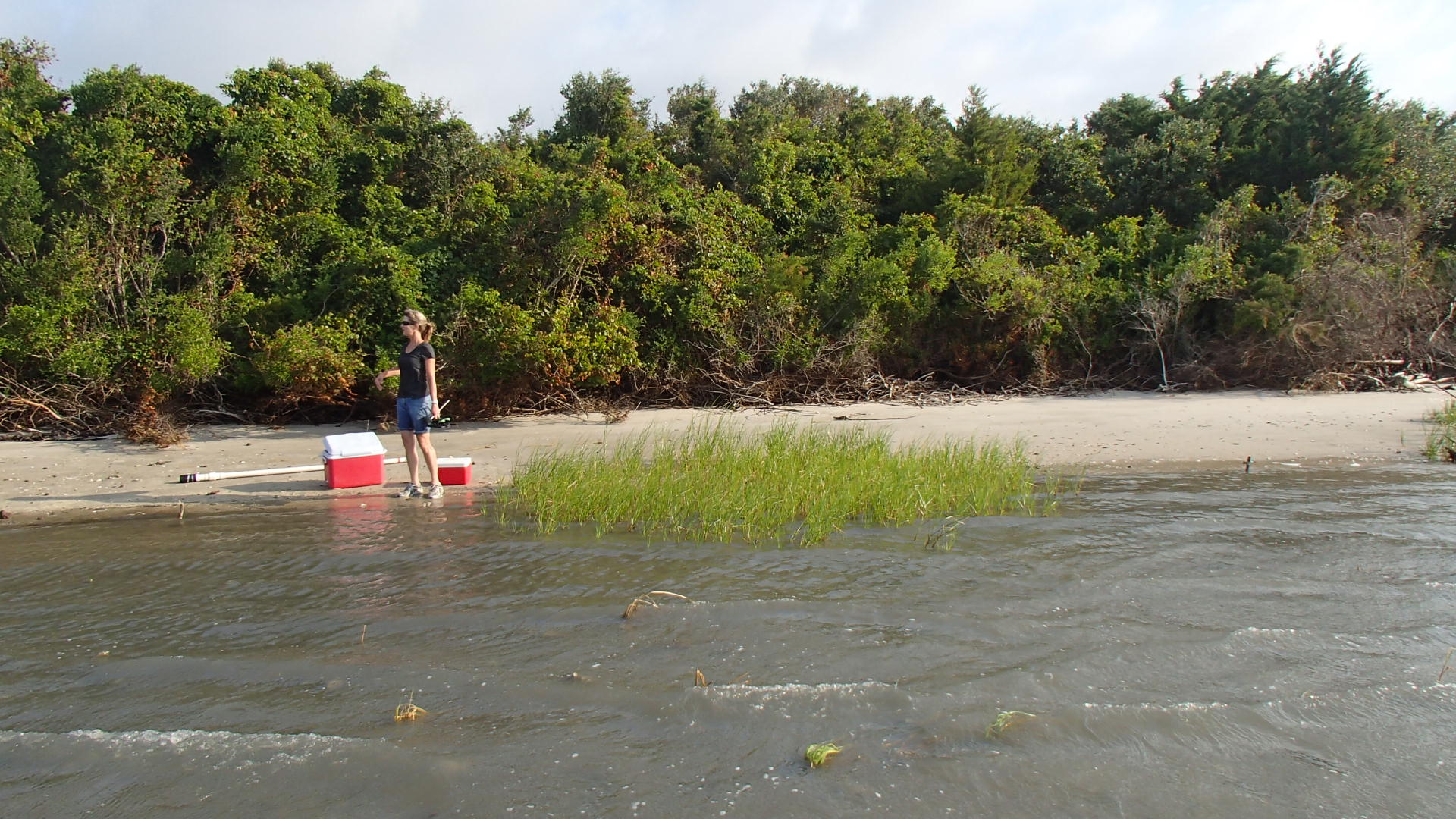
Exciting new opportunity
I am very excited that on July 1st I begin as the director of the UNC Institute for the Environment. The Piehler Lab will continue on at IMS but I will shift my primary base to Chapel Hill. If you’d like to know some more details follow this link!
Wrapping up a fantastic project in Wilson Bay
Well done Luke!
Luke Dodd published a great new paper!! Have a look at “Threat of predation does not affect Crassostrea Virginica filtration” here!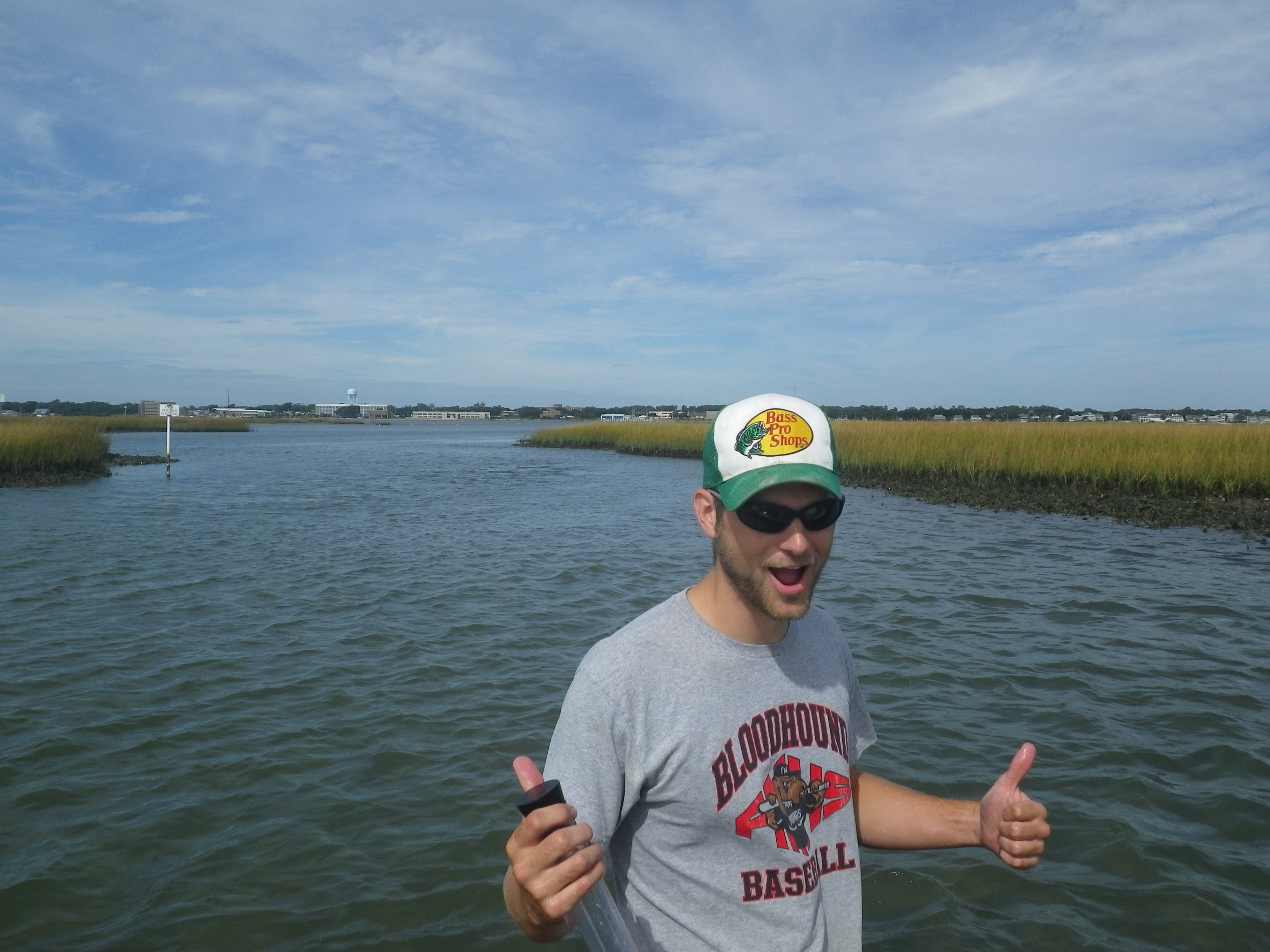
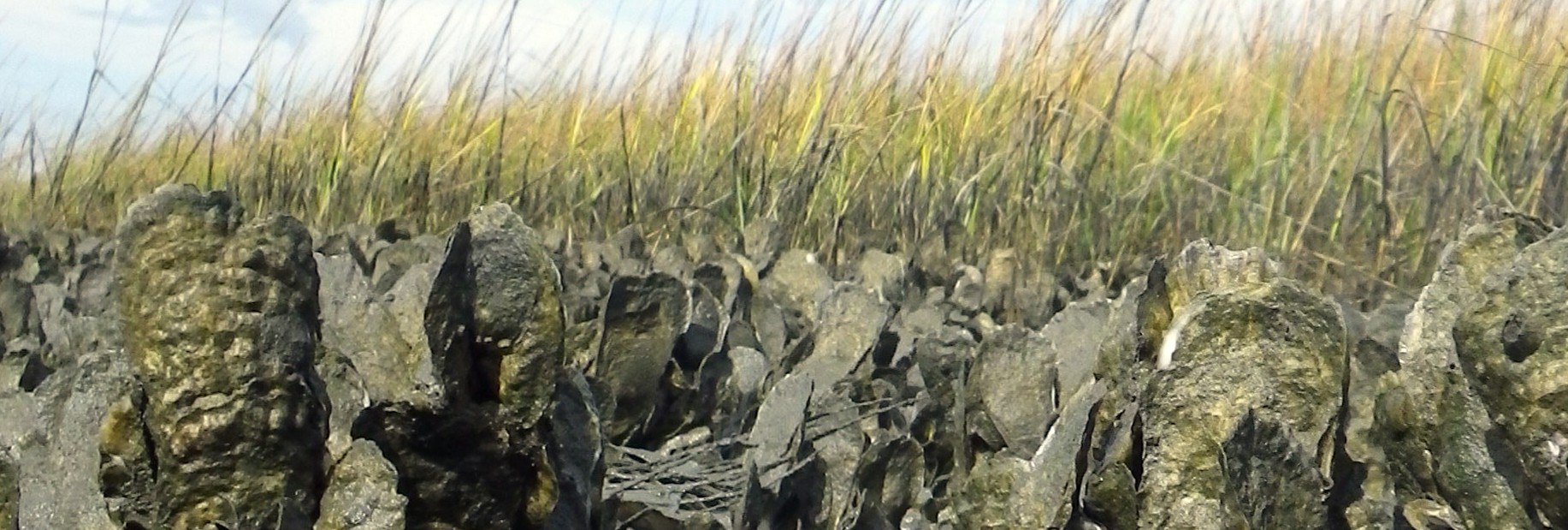
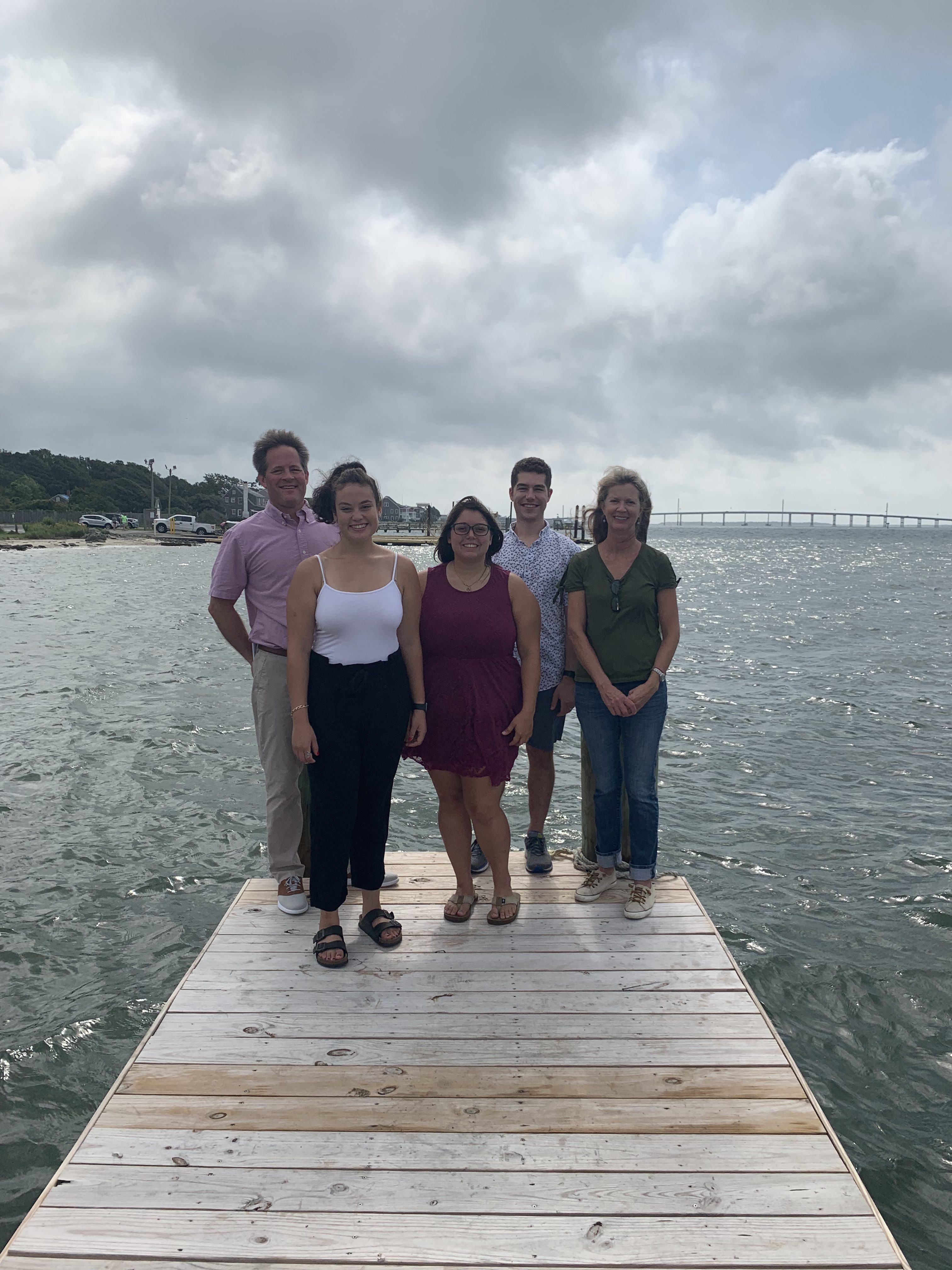
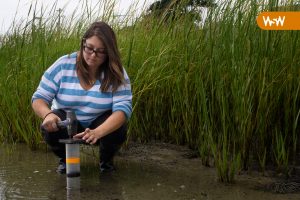
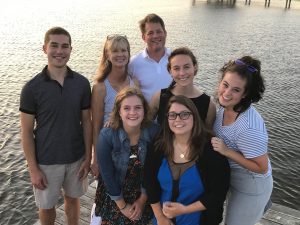
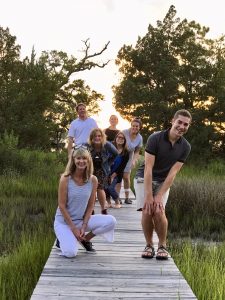
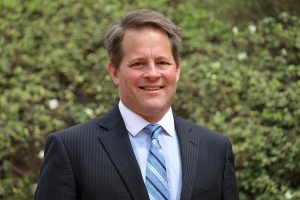
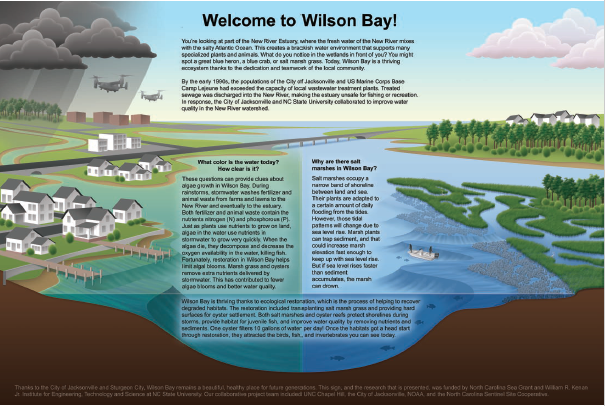 We are excited to have completed a great collaborative project with the City of Jacksonville, NOAA, Marine Corps Base Camp Lejeune, and the North Carolina Sentinel Site Cooperative that was funded by North Carolina Sea Grant and the Kenan Institute for Engineering, Technology and Science. Want to learn more about the project? Have a look at this feature produced by Frank Graff at UNC TV!
We are excited to have completed a great collaborative project with the City of Jacksonville, NOAA, Marine Corps Base Camp Lejeune, and the North Carolina Sentinel Site Cooperative that was funded by North Carolina Sea Grant and the Kenan Institute for Engineering, Technology and Science. Want to learn more about the project? Have a look at this feature produced by Frank Graff at UNC TV!
